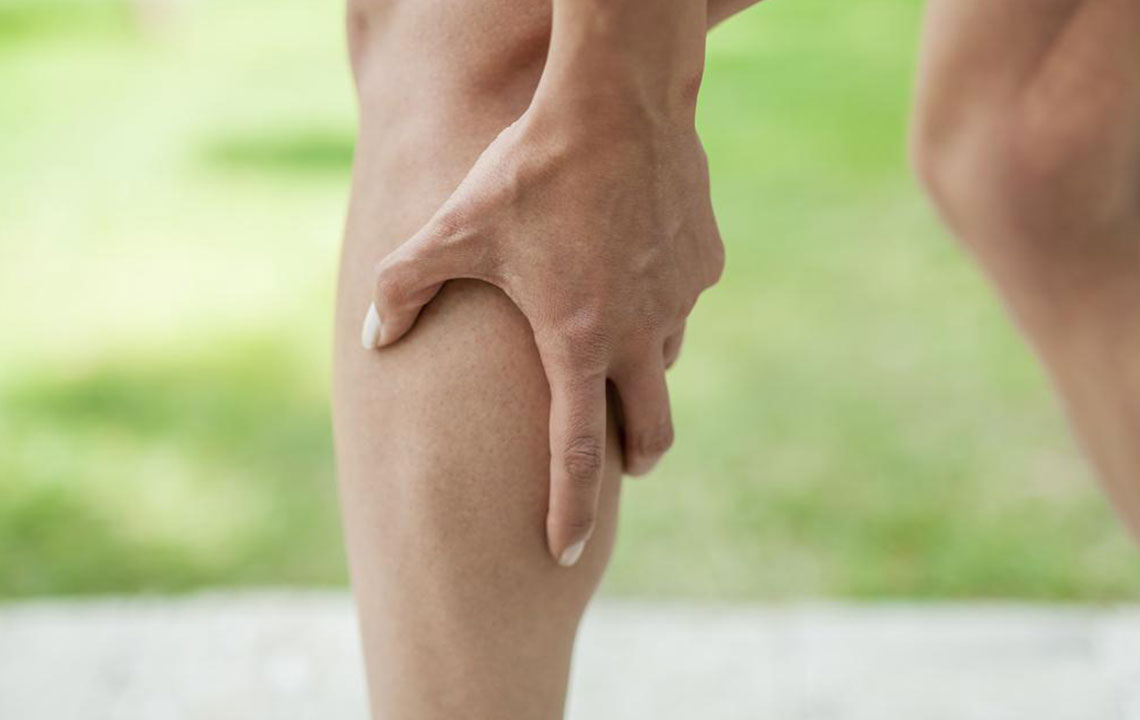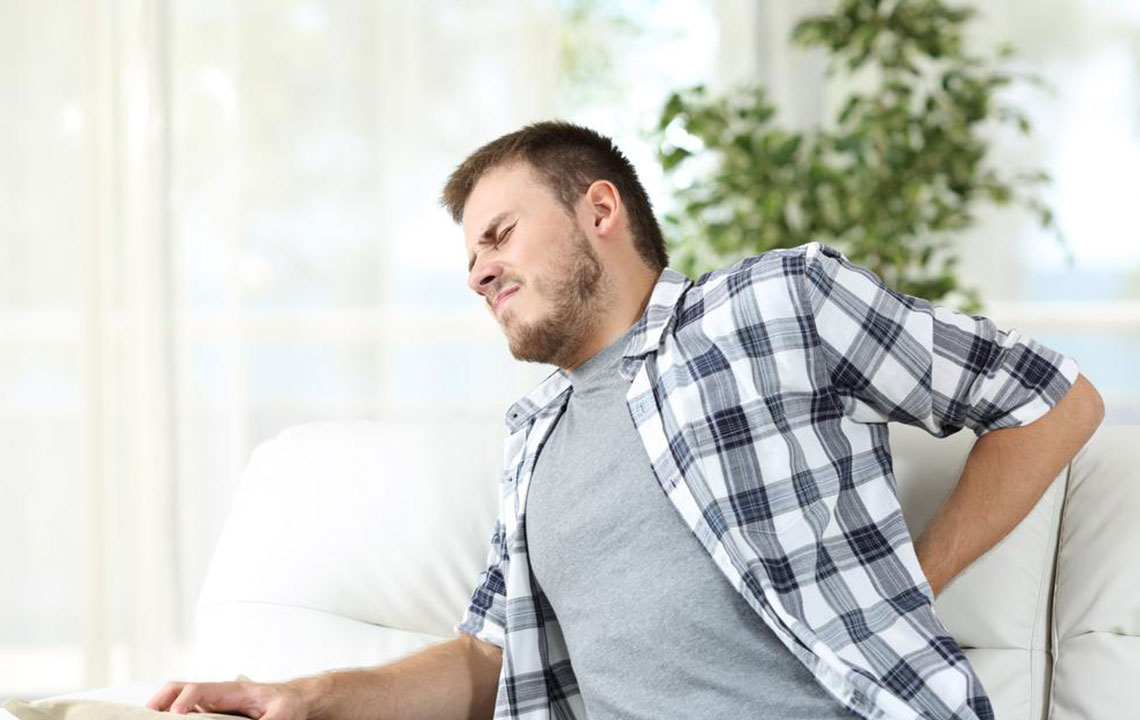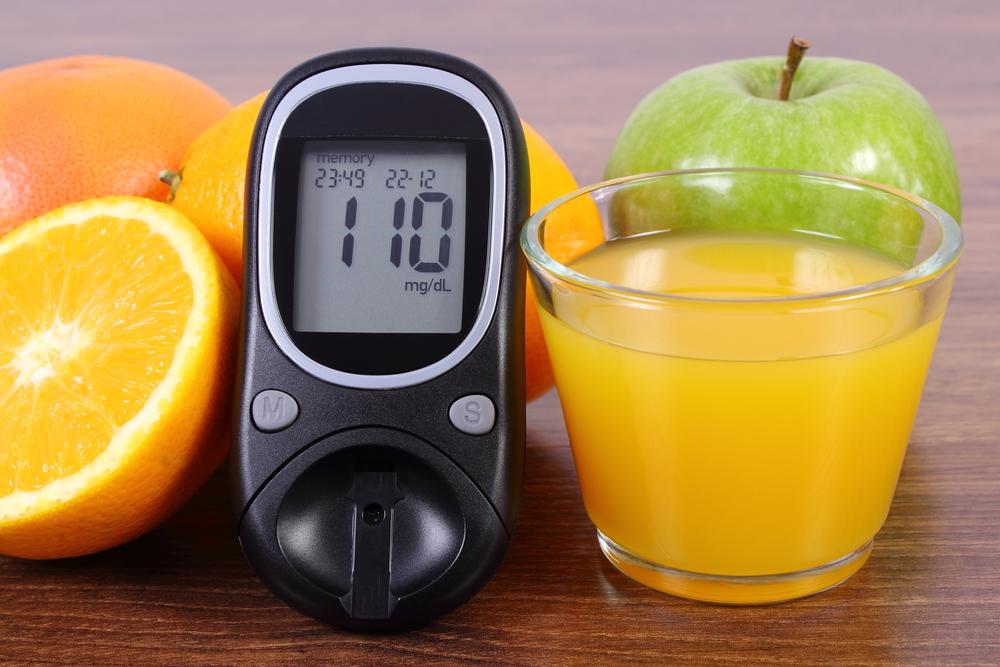Understanding Long-Term Leg Discomfort and Effective Remedies
Learn about the causes of chronic leg pain and discover effective home remedies and lifestyle changes to alleviate discomfort. This guide covers natural solutions, including diet, exercises, and self-care tips, to help manage and prevent long-term leg issues, ensuring better mobility and overall well-being.

Understanding Long-Term Leg Discomfort and Effective Remedies
Understanding long-term leg discomfort and practical solutions
Experiencing leg discomfort at some point is common, but persistent and intense pain might indicate underlying issues. Long-lasting leg pain can stem from overexertion, muscle degeneration, fractures, tendinitis, or internal problems. Those engaging in intense activities are more prone to such ailments. Additional causes include swelling, inflammation, nerve strains, and other internal conditions.
This pain can affect various regions like calves, knees, ankles, feet, or toes. Severe cases might cause nausea, weakness, numbness, or tingling sensations. Muscle soreness may also contribute. While occasional discomfort is normal, persistent and unexplained pain warrants medical advice or physiotherapy for proper treatment.
Effective remedies for chronic leg discomfort include resting if the cause is known, using over-the-counter medications like aspirin, and ensuring adequate sleep. Applying ice packs, elevating the leg, soaking in warm water with Epsom salts, and massaging can promote blood flow and muscle recovery. Warming down exercises help prevent lactic acid buildup, reducing pain.
Natural approaches to alleviate long-term leg discomfort:
Turmeric and oil - Known for healing properties, mix turmeric with warm oil and massage into the skin. Absorption relieves muscle pain.
Castor oil and lemon - Combine half a lemon with castor oil, apply massage twice daily to ease inflammation and pain.
Magnesium and potassium intake - Consuming potassium-rich foods like bananas or soaking in Epsom salt helps replenish essential ions, aiding muscle function.
Yoga practice - Specific yoga poses can relieve discomfort. Consult a trained instructor to avoid strain.
Tips for long-term relief:
Stay active - Regular movement and short walks prevent stiffness and promote circulation.
Quit smoking - Smoking contributes to joint and muscle pains; quitting improves overall health.
Eat a balanced diet - Nutrients support muscle health and help reduce pain and other health issues.
Leg discomfort is common in conditions like arthritis and diabetes. Most leg pains, excluding joint-related issues, can be managed at home with lifestyle adjustments. A healthy lifestyle ensures longer pain-free periods.










